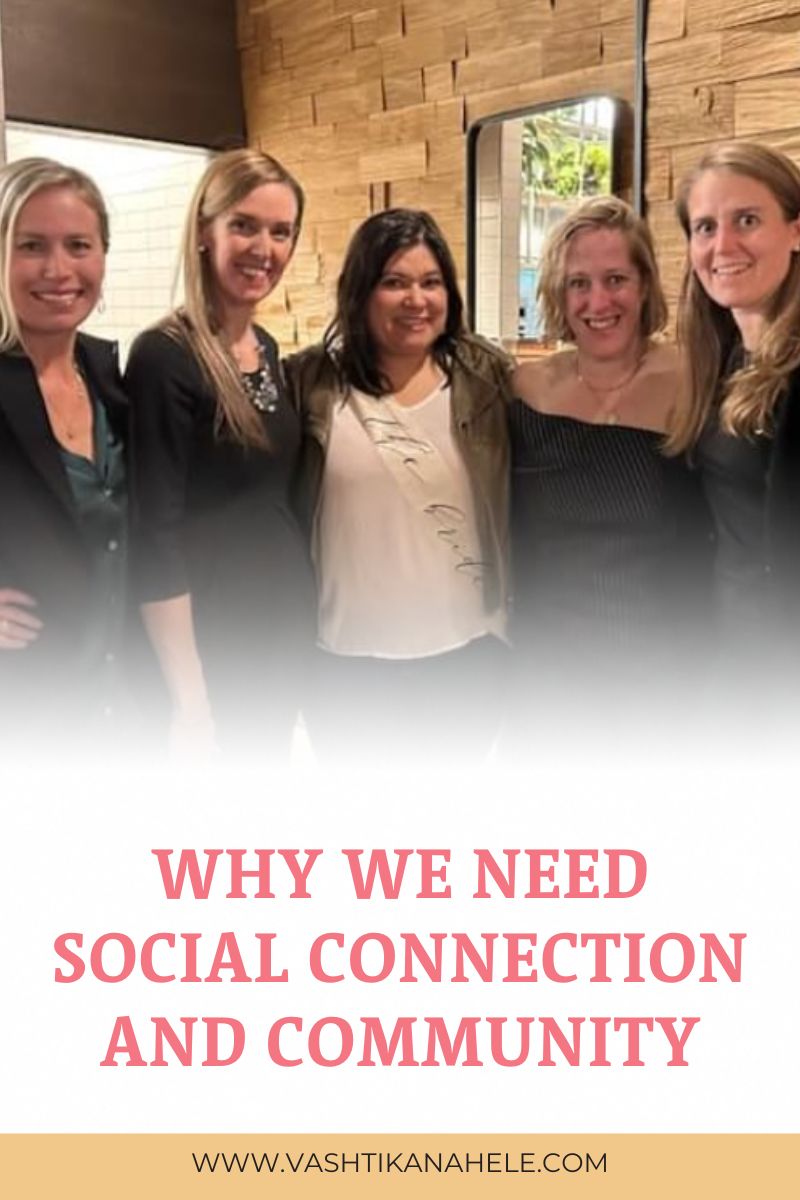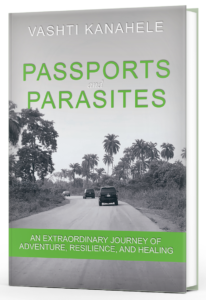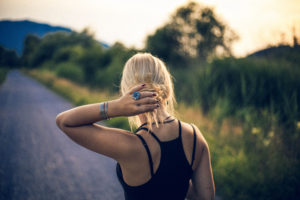If you find yourself feeling lonely most days, please know you’re not alone. We’re in the midst of a loneliness epidemic, with nearly a quarter of the world reporting feeling “very lonely” and another quarter feeling “a little lonely”, according to a recent Meta-Gallup survey. And as someone who has lived overseas for 15 years while battling complex chronic illness, I completely understand what it’s like to feel lonely and isolated — both literally and figuratively.
Though I met some of my favorite people on Earth while traveling the world and living abroad in places like Curacao, Iraq, Cambodia, Lebanon, and Nigeria, there were also periods of extreme loneliness and isolation. I was a new mom living across the world from my family and friends — often on my own as my husband Kraig traveled for work — and at times felt too sick to function because of complex chronic illness. Plus, the isolation and added stress of COVID were thrown into the mix come 2020.
I can say with certainty that finding social connection and community in the most difficult of times is what truly got me through some of my darkest hours. So whether you’re battling a chronic illness, living abroad for the first time, or adjusting to motherhood, here are a few reasons why social connectedness is vital to your physical and mental health.
The Loneliness Epidemic is Harming Our Health
As I mentioned at the beginning of this post, we’re smack dab in the middle of a loneliness epidemic. Half the world is either very lonely or somewhat lonely, and Americans especially are becoming less and less socially connected. As we spend more and more time on social media and opt for virtual hangouts over in-person coffee dates and happy hours, it seems our real-life social networks are getting smaller with each year that passes!
While it’s normal (and expected) to feel lonely at times, the long-term effects of social isolation are pretty terrifying. It’s such a growing public health concern that the U.S. Surgeon General released an advisory last year to remind us just how important social connectedness really is.
As per this advisory, the health risks associated with social disconnectedness include:
- Increased risk of early mortality from all causes.
- Increased risk of cardiovascular disease, stroke, high blood pressure, type 2 diabetes, cognitive decline, and infectious diseases.
- Increased risk of depression, anxiety, self-harm, and suicidal ideation.
- Increased risk of engaging in unhealthy lifestyle behaviors (e.g. physical inactivity, smoking, poor nutrition, and poor sleep).
The most surprising fact from this advisory? The impact of social disconnectedness is as dangerous as smoking up to 15 cigarettes a day! Lacking social connection and community may not seem like a big deal, but it certainly is.
Finding Social Connection & Community in a Lonely World
The loneliness epidemic is harming our physical health, impairing our mood and cognition, increasing our risk of early mortality, and promoting unhealthy lifestyle choices that further increase the risk of poor health and well-being. But this doesn’t mean we’re doomed! The solution is as simple as finding more social connection and community wherever we can, and making a conscious effort to seek out the support of others.
I know this is easier said than done, especially when we’re battling a complex chronic illness, physical disability, or mental health condition. Even those who are naturally more extroverted tend to withdraw when battling physical or mental health issues, and of course, other factors like access to transportation, housing, and socioeconomic status can come into play as well.
Regardless of your situation, there are so many different ways to find or increase social connectedness:
- Volunteering in the community.
- Joining an online support group.
- Joining a mentoring program, either as a mentor or mentee.
- Attending workplace-related events.
- Organizing a monthly event with friends and/or family (e.g. game nights, supper clubs, or crafting days).
- Spending time at local parks, libraries, and green spaces.
- Smiling at, complimenting, or starting conversations with strangers.
Because I’ve personally experienced the power of social connectedness and I understand what it’s like to feel isolated and alone while navigating complex chronic illness, I’ve decided to create a supportive online membership program for women. My hope is that this empowering online community will bring women from all over the world together with the same goal of transforming the mind, body, and spirit. Stay tuned for more details in the coming months!
Want to learn more about the 15 years I spent living overseas? Get all the details in my book Passports and Parasites! You can also download one free chapter online here.
References:
- https://news.gallup.com/opinion/gallup/512618/almost-quarter-world-feels-lonely.aspx
- https://www.hhs.gov/sites/default/files/surgeon-general-social-connection-advisory.pdf







